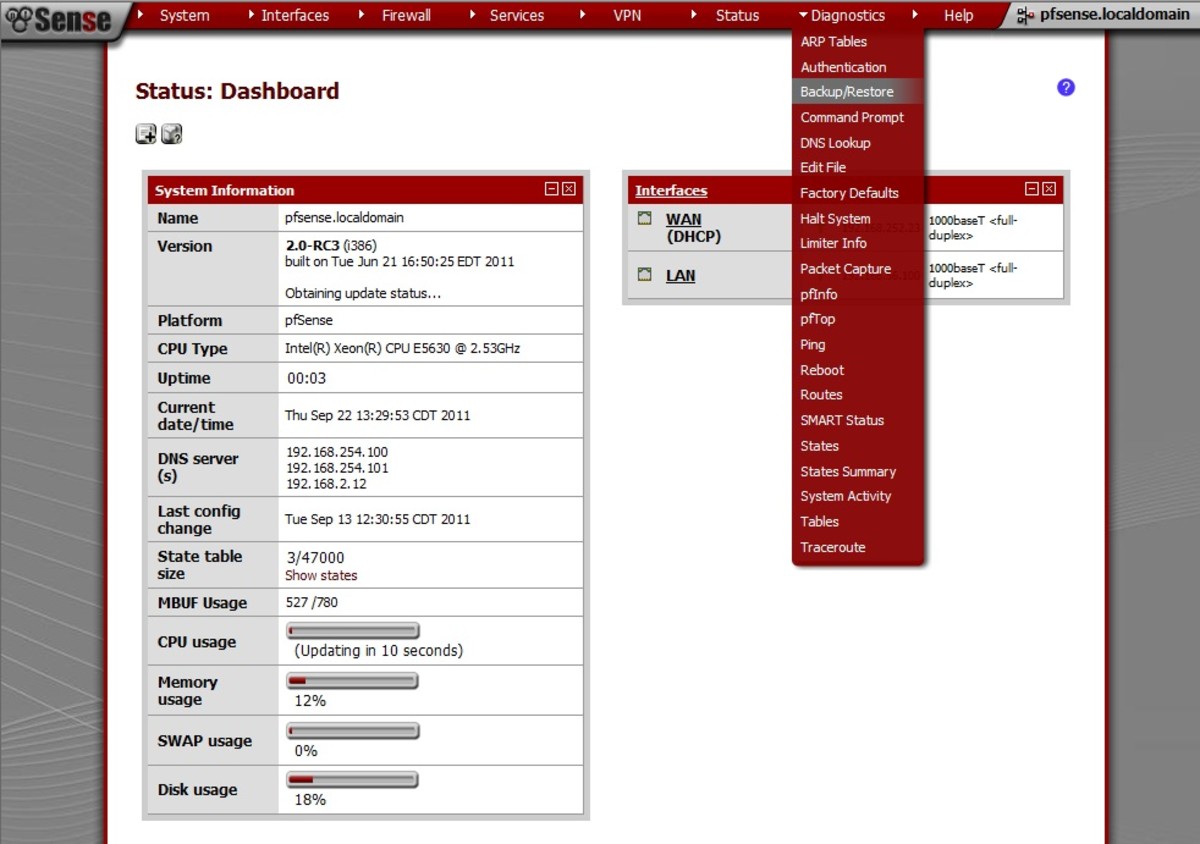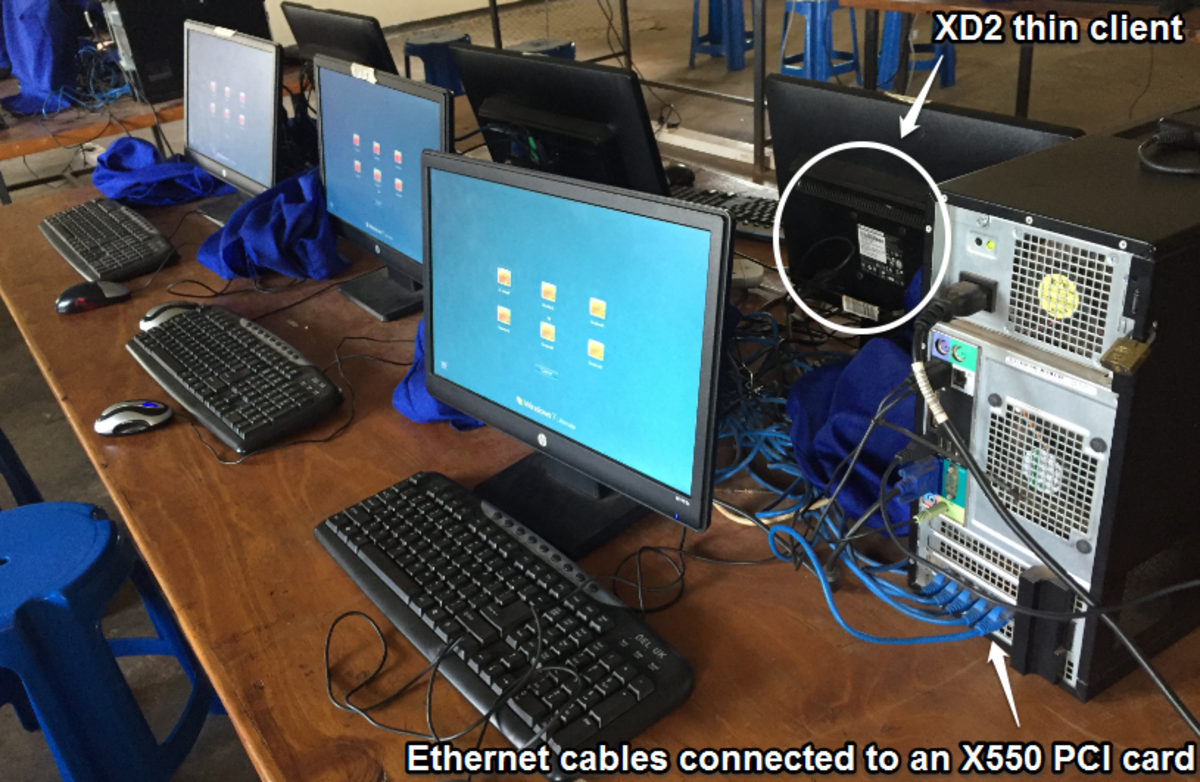Incremental Backup

What's incremental backup? (Regular, block level)
With all the deadlines we incur, it is hard to take the extra time to make sure that everything has been backed up and stored safely on the computer.
A shortcut that can be made is doing an incremental backup rather than a full one. This type of backup is exactly what its name means: done in increments. The incremental backup occurs in just a fraction of the time because you are only backing up the new files that have changed since you last backed up.
The benefit of an incremental backup is the obvious time saving effort, that it only takes a fraction of the time. It also takes up less storage space. However, the down side is that if all you are performing are incremental backups, and the need to restore occurs, it can sometimes take much more time in the end.
There are two types of incremental backups: regular and block level. With a regular incremental backup, full backups are done on a regular basis, perhaps daily weekly. In between times, regular incremental backups copy only the files that have changed in the since the last backup.
The entire file will be stored.
The downside of regular incremental backups is that there can be a redundancy in files, because you may be backing up the file several times if you continue to make changes to it. It will be important to delete older or unnecessary files in this case.
Block level incremental backups store and transmit only the data that has been changed since the last backup.
These allow more frequent data backup points, resulting in a more efficient way to administer the data. The difference from a regular incremental back up is that it is only backing up the blocks within the file that have changed.
For instance, if you are only changing a word in a sentence like “yesterday” to “today”, then that change is the only back up made. Similarly, if you add a few notes to a paragraph or data to a graph, then those blocks of changes are what you are backing up.
Block level incremental backups are more efficient in this manner and take up even less storage space than the regular. They have minimal impact on the network, but do require a higher level of integration between the file system and the backup software. All and all, it reduces the amount of data that needs to be transferred to the backup server.
It’s important to realize that full backup has to take place before any incremental backups can occur. Either type of incremental backup can then be merged with the full backup at any time. Incremental backups should not take the place of a full backup, because as mentioned, it will take more time in the long run to restore all the points. In the big picture, it creates a higher level of efficiency.
Of course, the advent of fully-automated online backup solutions makes it much easier to organize and quickly restore your files.
Backup Links
- Email Archiving
Storagepipe Email Archiving - Vista Online Backup
Online Backup for Windows Vista - Online Backup
Storagepipe Solutions - Main Site - Windows Online Backup
Sumo Backup for Windows






